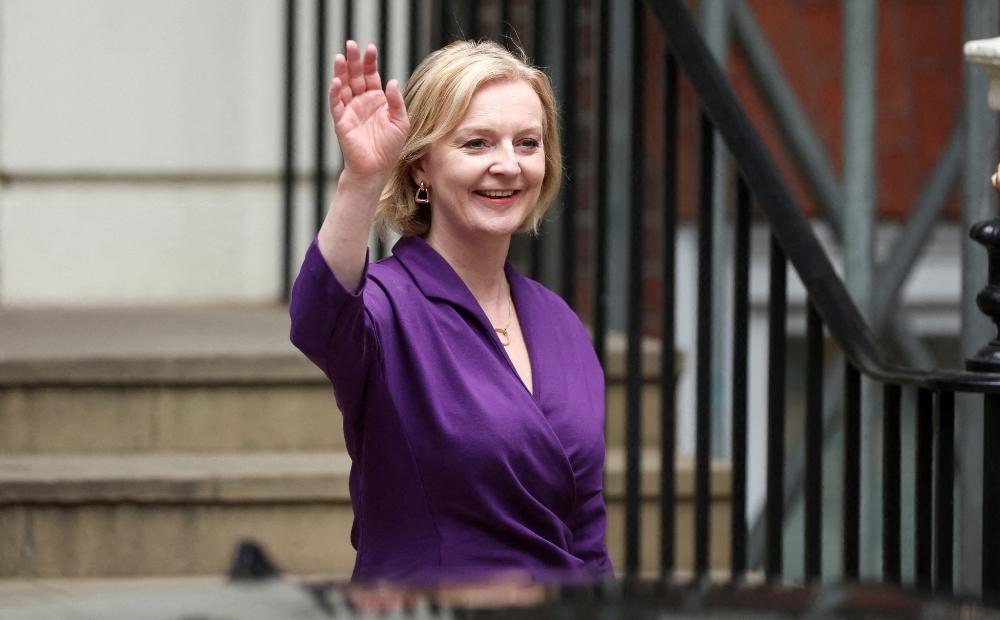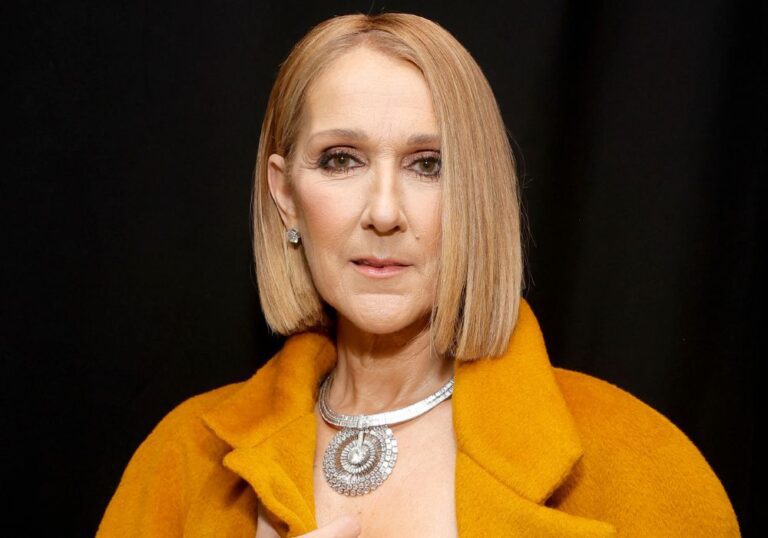When Boris Johnson walked away from No.10 there was a sense in the United Kingdom that the time had come for stability, competence and the benefits of a boring politician who could steady the ship of state. Truss’s sea legs have proved remarkably shaky. She has pulled off arguably the biggest coup in British political history by making Johnson’s tenure look boring by comparison.
Truss began as prime minister in September, proposing a radical agenda that she claimed was designed to kick start economic growth. But she had to row back on those plans almost immediately after the polar opposite happened. Her proposals triggered an immediate economic meltdown from which she never recovered.
The shortness of her tenure does at least make it relatively easy to sum up where it all went wrong. I suggest there were five key elements at play in her rise and fall.
Poor politics
Truss practised poor politics from the very beginning of her tenure. She refused to appoint anyone into government that had not supported her campaign, leaving her with a limited pool of talent. Her stance that you were either a friend or an enemy (and enemies were out) gave her a reputation for revenge. Not a good start. There was an obvious lack of talent in her cabinet and after less than two months in office, Truss had to fire her chancellor and home secretary – the two most senior positions in government below the PM.
Poor party process
But the cracks were emerging even before Truss took office as a direct result of the way the Conservative party elects its leaders. Truss ended up in the final round of the contest as much by default as anything else and did not enjoy the enthusiastic support of her parliamentary party. In order to win the leadership election, she sold herself to the rank and file of party members by offering them tax policies that were tailored entirely to their needs rather than reflecting the needs or priorities of the wider country.
She adopted an awkward Thatcherite persona in presentational terms and a “red meat” strategy in policy terms. The overall effect was a new prime minister who was badly misaligned with both the public and her parliamentary party.
Poor policy
The level of misalignment was clear from the minute Truss’s self-mutilating mini-budget was announced. Removing barriers on bankers bonuses and reducing business taxes was never going to land well in the middle of a cost of living crisis. The optics were all wrong, as any first-year politics student would know.
Poor presentation
Politics is, at the end of the day, a people business. You need to be able to communicate, resonate, connect and empathise. The most important form of intelligence for a prime minister is not therefore intellectual (we have experts) or financial (they have advisers) but emotional. The simple fact is that Truss never seemed to be able to relate or relax. The interview responses were always too mechanical, the body language too cardboard.
Poor positioning
If the troubles of Truss reveal one thing it is most probably the dangers of the British constitution. It remains a power-hoarding constitution where an incredibly small number of people can make massive decisions with very little, if any, scrutiny. Her sidelining of the Office for Budgetary Responsibility being a case in point.
“Poor, poor, poor” might well provide a fitting epitaph for Truss’s time in office but I cannot help but wonder if her experience is symptomatic of a far bigger issue. Is it too easy to blame Truss? If anything the last month has exposed a vacuum at the centre of British politics about ambition, imagination and vision. There really isn’t any.
In a post-Brexit context, filling this vacuum has to be the core concern of whomever next decides to accept the keys to No.10.
The Conversation via Reuters Connect







